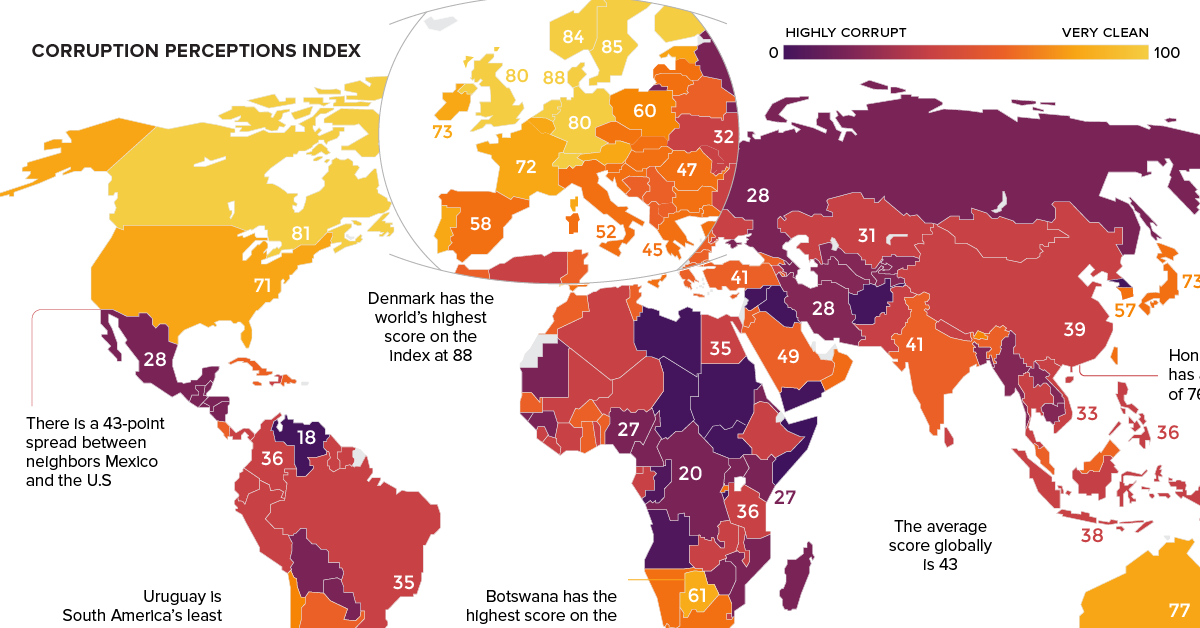A central question of economics is to understand how in the heck social coordination is able to exist in such a crazy world. With all our differences in beliefs, resources, abilities, and more, it is remarkable people can work together long enough to produce a Big Mac pretty much anywhere in the world.
Economists will attribute this ability to come together to produce socially desirable outcomes to “institutions.” With the “right” institutions, not only is coordination possible, but economic development can foster wealth and prosperity. Bad institutions, on the other hand, can prevent countries from development and prosperity.
Institutions sound pretty important, right? OK, so then…what are institutions?
You’ve probably heard the word thrown about before. For example, I’ve heard people say: “Marriage is a wonderful institution, but who wants to live in an institution?” (Maybe you’ve even said it yourself!) We kind of understand what it implies – that marriage seems like a good thing but it’s going to limit your life in some ways – but still have a muddled understanding of what exactly is an institution.
Marriage is, indeed, an institution. Institutions are the “rules of the game.” We adopt these rules to help determine our social expectations for a particular facet of life. The main reason many people hesitate to get married is because marriage comes with a bunch of rules. You’re stuck with the person, for better, for worse, for richer, for poorer, in sickness and in health, to love and to cherish, till death. Yikes! Not to mention the additional ground rules your spouse says are non-negotiable. (Good-bye spontaneous solo trips to the casino!)

Photo Credit: Tori Michelle Photography
Marriage is also something you “live” under, but it isn’t necessarily a physical thing. However, buildings are also often referred to as “institutions.” An institution sounds like a place that houses people with special needs. It also sounds like a place where you send people to learn things, like a university or a trade school. Shoot, I work at the Institute for Economic Inquiry! It’s even used as a highfalutin’ way of establishing something. The institution of the light bulbs in the bathroom really helped the morning routine for both my wife and I.
OK, take off your top hat and monocle.
When economists talk about institutions, they are talking about any generally accepted system that manages the interactions between individuals. In other words, the rules in place that create particular outcomes. These rules can range from formal laws to informal social and cultural norms. Not hiring someone based their race, color, religion, sex, or national origin is a written, formal law. Giving up your seat to the elderly woman standing next to you on the train is an informal norm.
The hope is having good institutions actually makes things better.
In many parts of the world, corruption is prevalent as a system of getting things done. However, it is hardly an institution that makes things better. Corruption is highly inefficient and is most pervasive in poorer societies. On the other hand, societies that enforce property rights, commit to the rule of law, and allow prices to move freely with market conditions, generally improve the wellbeing of their people.

Moreover, institutions are made up of incentives—they regulate our behavior. If we want a society where people don’t cheat each other, the institutions in place must have systematic incentives that shame or punish that type of behavior. If we want a society that encourages inclusivity, the institutions should guide individuals to be less secluded.
It can be hard to determine which institutions matter the most. Importantly, the institutions are self-reinforcing and sticky. This means they are hard to change. If the formal laws don’t cohere with the informal norms, then the institutions become muddied. So, it’s hard to tell which institutional arrangements are causing particular outcomes.
At least this creates job security for economists! We know institutions are incredibly important and need to be studied more. In the meantime, next time you and your spouse take a late-night trip to McDonald’s, just remember to marvel at the institutions that made it all possible.


One thought on “Clearly Ambiguous — Institutions”